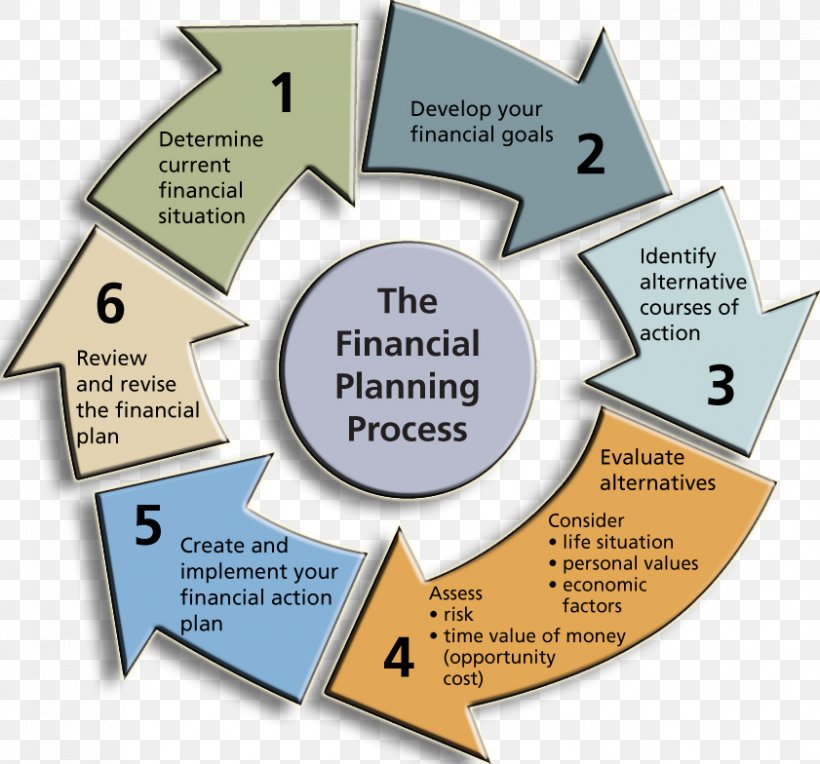
Why should you employ consultants? Here are some of their benefits: Expertise & Travel, Cost and Intangible Results. Learn more to determine if you are a good candidate for a consultant. And, if you have any questions, ask the experts! In this article, we'll look at the benefits of consulting as a career. It's possible to begin by looking for a consultant who is an expert in a specific field. You'll also find out what other reasons are worth considering.
Intangible results
Consultants add value to clients by helping them influence others. Because consultants are more expensive than employees, they charge more. Consultancy can bring in tangible benefits such as happier clients or higher social status. These ideas can increase the quality of your work. Your client relationships will be more enjoyable if you can provide tangible results. Clients are more willing to pay for consulting services.

Expertise within a particular field
It can be easier to make the transition into consulting if you have expertise in one particular area. Specialized consultants often have a better job market than generalists. Top consulting firms are always in need of specialists. Experts are subject to the same rigorous case interviews and requirements as generalists. But they often have an edge over those with less specialized training. They can also expect to make higher salaries than generalists.
The cost of consulting
Hiring managers often make the mistake, simplifying the financial analysis required to hire a consultant. While hiring a consultant may be more costly than hiring an employee to do the same job, the actual costs are lower than that of an employee. Consulting firms charge an hourly rate that is lower than employees. A consultant training an employee may cost more than one training a new worker.
Travel as a consultant
Travel time as a consultant is governed by rules and regulations. Non-exempt consultants have to travel for work. They also get paid for their time away from home. According to federal and state regulations, travel time is compensated based on the origin of travel and the location of the Consultant's personal residence. If the time spent away from home is during normal working hours, it is considered work time.

Consultants: Creating a plan for knowledge management
Developing a knowledge management plan for your business will require you to invest time and money in identifying your goals and objectives. Once you've done that, you can set metrics for performance, quality, compliance, and value to measure your knowledge management program's efficacy. This will enable you to monitor your progress in real time and measure your overall effectiveness. The benefits of knowledge management will be clear in a few months, and you'll see tangible results quickly.
FAQ
How long does a consultant take?
It depends on the industry and your background. Most people start with just a few months of work before finding employment.
Some consultants, however, spend many years perfecting their skills before they find work.
What tax do I have to pay on consulting income?
Yes, you must pay tax on the consultancy profits. This amount will depend on how much you earn each year.
You can also claim expenses if you are self-employed. This includes rent, childcare, food, and transportation.
But you won't be able to deduct interest payments on loans, vehicle depreciation, or the cost of equipment.
If your annual income is less than PS10,000, you can only claim 25% back.
However, you might still have to pay tax if your earnings are higher than the threshold. This depends on whether you are an employee or contractor.
Employees are generally taxed through PAYE (pay as you earn) and contractors through VAT.
What is the average salary of a consultant?
Although some consultants can make more than $100k annually, the majority of consultants earn between $25-$50k. An average consultant salary is $39,000 This includes both salaried and hourly consultants.
Salary is dependent on experience, location and industry. It also depends on whether the consultant works from home or has a remote office.
What kind of jobs are there for consultants?
Being a consultant will require you to have a solid understanding of business strategy as well as operations. You must also understand how businesses operate and how they fit into society.
Being a consultant requires great communication skills and the ability think critically.
Consultants should be flexible because they may be asked for different tasks at various times. They should be able change direction quickly, if required.
They must be willing to travel for their clients. This kind of work can take them around the world.
They also need to be capable of handling stress and pressure. Consultants may need to meet strict deadlines.
As a consultant, you may be expected to work long hours. You might not always be paid overtime.
How did modern consultancy come about?
The first consultants were accountants that helped companies manage finances. They were known as "accounting consults" because they are highly skilled in the management of financial information. The role soon expanded to include other areas, including human resources management.
The French word "to advise" is the origin of the term "consultant". It was first used by businessmen to refer to someone who could give advice about how to run an organisation. Today, business owners still use the term consultant to refer to any type of professional advisor.
Statistics
- Over 62% of consultants were dissatisfied with their former jobs before starting their consulting business. (consultingsuccess.com)
- According to IBISWorld, revenues in the consulting industry will exceed $261 billion in 2020. (nerdwallet.com)
- Over 50% of consultants get their first consulting client through a referral from their network. (consultingsuccess.com)
- So, if you help your clients increase their sales by 33%, then use a word like “revolution” instead of “increase.” (consultingsuccess.com)
- "From there, I told them my rates were going up 25%, this is the new hourly rate, and every single one of them said 'done, fine.' (nerdwallet.com)
External Links
How To
What does a typical day look like for a consultant?
The type of work that you are doing will affect the typical day. But generally speaking, you will spend time researching and planning new ideas, meeting clients, and preparing reports.
You will often have meetings where you discuss issues and problems with clients. These meetings can be conducted over the phone, by email, face-to-face, or online.
You may also be asked to prepare proposals, which are documents outlining your ideas and plans for clients. These proposals will be presented to clients by you and a mentor.
After all the preparation, you'll need to start creating content. Writing articles, designing websites, editing photos or conducting interviews are just some of the options.
Depending on your project's scope, it may be necessary to do research to get relevant statistics. For example, you may need to find out how many customers you have and whether they are buying more than one product or service.
Once you have all the information needed, it is time for clients to see your findings. You can either present your findings in writing or orally.
After the initial consultation, it is important to follow up with clients. You could phone them occasionally to check on things or send an email asking them to confirm that you have received their proposal.
Although this process can take time, it is important to stay focused and build good relationships with your clients.